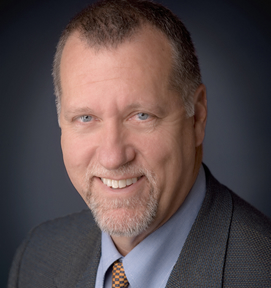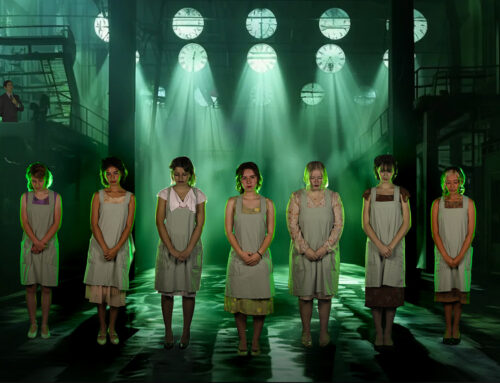The cost of assisted living in our area ranges from $7,000 to $10,000 a month
By James Ward

James Ward
About one-third of people age 65 will never need long-term care. The other two-thirds will likely need it. The government estimates that almost 70 percent of the people turning age 65 today will need some type of long-term care. If you’re already older than 65, the odds of needing it are even greater. About 20 percent of people who are 65 years old today will eventually need long-term care for more than five years.
The cost of assisted living in our area ranges from $7,000 to $10,000 a month. The cost of a skilled nursing facility in our area currently runs about $12,000 a month, but some are already charging $15,000 per month. With the financial losses that many facilities have sustained during the Covid-19 period, I’m guessing that the care facilities will be increasing their charges soon.
Very few of us will live to celebrate our 100th birthday, but how many of us will be able to live independently in our last years of life? Most of us will require some level of long-term care at some point. That’s just a fact of life.
 The Department of Health and Human Services established the Administration for Community Living in 2012 to help older people live where they choose. Their website at https://acl.gov/ has a tremendous amount of information. I encourage you to go to the website and look around. If you go to https://longtermcare.acl.gov/ and click on “The Basics,” they have provided very valuable information about aging, illnesses, care, safety, etc. It’s a great resource.
The Department of Health and Human Services established the Administration for Community Living in 2012 to help older people live where they choose. Their website at https://acl.gov/ has a tremendous amount of information. I encourage you to go to the website and look around. If you go to https://longtermcare.acl.gov/ and click on “The Basics,” they have provided very valuable information about aging, illnesses, care, safety, etc. It’s a great resource.
BUT, even though the website is extremely useful, it is not always accurate regarding California rules for long-term care. Yes, California is different — very different. When it comes to protecting family assets and gaining eligibility to have Medi-Cal pay for long-term care, California is unlike any other state.
First of all, don’t believe the myths that you can’t have Medi-Cal pay for nursing home coverage because you have too much income or too much in assets.
This is almost never the case, but I’ve seen people needlessly spend hundreds of thousands of dollars because they were told that they could not qualify for Medi-Cal.
The nursing home may not be helpful in getting you or your loved one on Medi-Cal because they earn less if the resident is on Medi-Cal, but others, such as bankers, friends, hairdressers, and neighbors, simply repeat what they’ve heard without knowing the rules. We frequently save people hundreds of thousands of dollars.
Second, make sure that you have a good estate plan in place that will allow trusted friends or family members to act for you if you are no longer able to act. If you have an accident or stroke, or you develop dementia, will your estate planning documents serve the purpose for a trusted person to act for you to protect your assets and gain eligibility for Medi-Cal to pay for in-home care or nursing home coverage? If you’re married and one spouse dies, will the documents still work, or are the hands of the surviving spouse tied?
If you have the wrong documents, your family could unnecessarily lose hundreds of thousands of dollars. Know what your documents say.
In a recent case, the husband died years ago and now the wife needs care. Because the old trust won’t work, they might need to sell the house. If they sell while the wife is living, they’ll owe about $250,000 in capital gains tax as soon they sell, and then they’ll have to use the proceeds to pay the nursing home because they lack the proper documents that would allow us to protect the money and get Medi-Cal coverage for the wife. The family loses both ways.
Don’t let these things happen to you or your loved ones. Get the proper estate planning documents put in place now. If you have an estate plan, get it reviewed by an attorney who is experienced in Medi-Cal eligibility.






